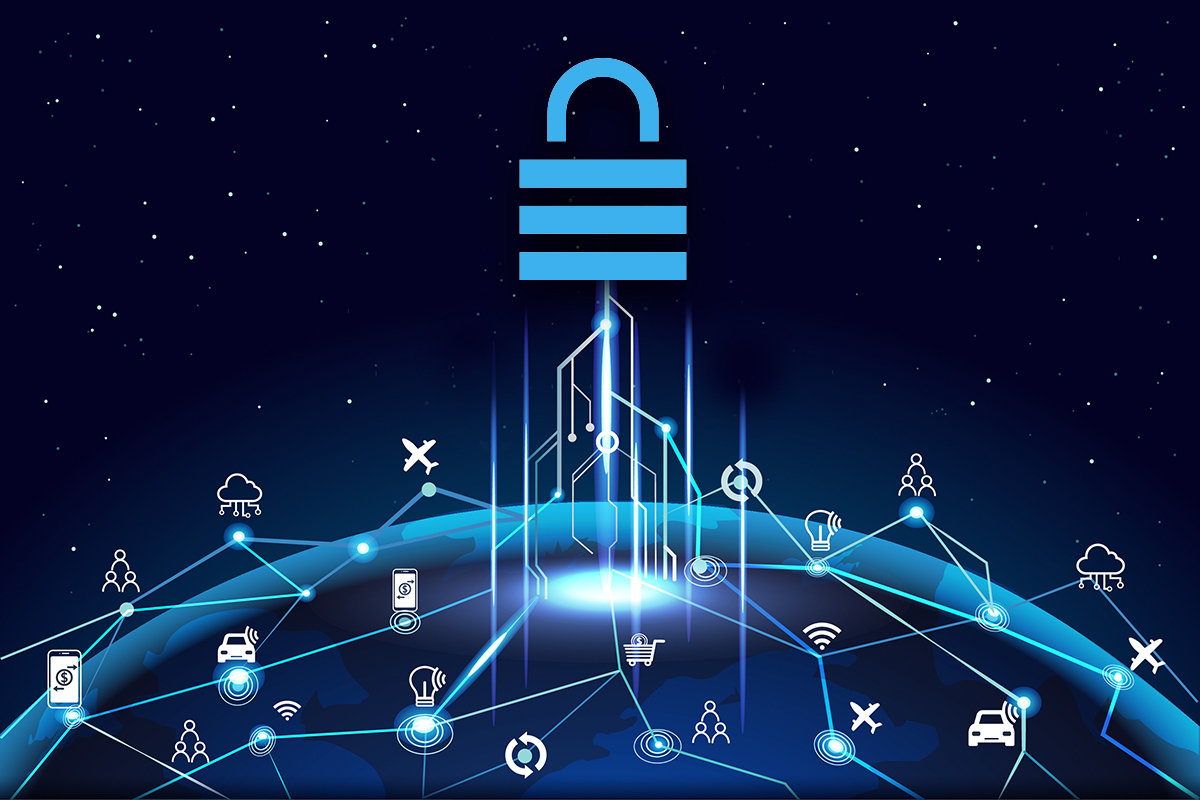


Pacific Controls has selected DigiCert to help secure nearly 100,000 connected devices being installed in commercial, government and residential buildings in Dubai, as part of the Smart Dubai initiative. In choosing DigiCert for the first phase of a project expected to grow, Pacific Controls is gaining efficiencies through DigiCert’s high-volume digital certificate infrastructure and automation to efficiently provision credentials on devices.
“As we continue forward helping fulfill the goals set by the Smart Dubai initiative we are confident that DigiCert will be able to handle the scale of this project and increase our efficiency in these device security deployments. The automation and expertise that DigiCert offers will play a significant role in supporting Pacific Controls,” said Pacific Controls General Manager Cloud Services and Security & Chief Information Security Officer, Ajay Kumar Rai.
Gartner estimates 2.3 billion connected things will be used in smart cities this year, representing a 42 percent increase in the number of connected devices since 2016.
With the rapidly increasing use of connected devices comes the heightened need for scalable security solutions that enable strong identity, authentication and encryption. DigiCert and Pacific Controls collective efforts helps secure these devices for smart city innovators as well as the world’s leading manufacturers of connected devices for emergency services, medical, automotive, industrial and other industries via its high-volume digital certificate issuance and management that scales to a variety of use cases.
DigiCert provides connected device security solutions that include automated certificate provisioning, data encryption, secure boot, secure patch management, machine-to-machine mutual authentication, user authentication, and data integrity to help prevent unauthorized intrusions and data manipulation.
Scalable security solutions are needed to help protect smart city deployments from rising attacks. Earlier this year hackers set off 156 emergency sirens in Dallas, Texas, USA that disrupted residents and overwhelmed 911 operators throughout the day. Also, ransomware in the UK limited access for medical patients needing care at hospitals. In 2015, a cyber-attack left hundreds of thousands without power for hours in Ukraine.
Copyright © 2025 IOT Online Store. All Rights Reserved. | Another Cyber Gear Site.